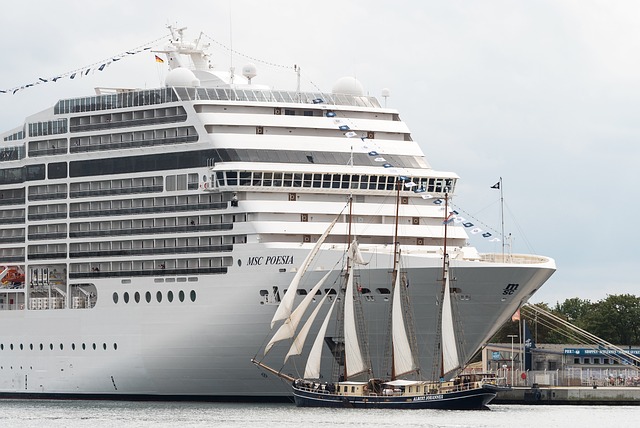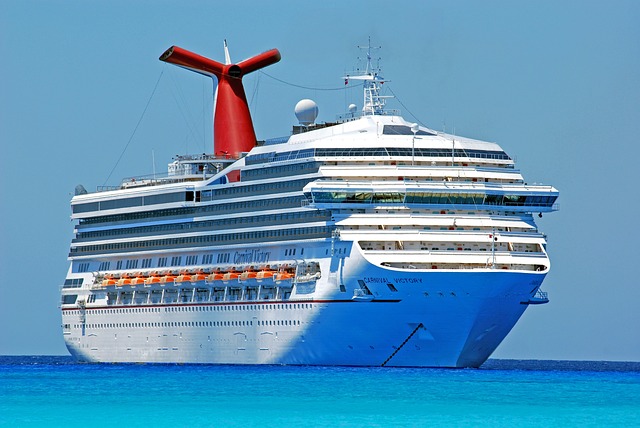Cruises are a wonderful way to spend your vacation, but as with any other type of travel, safety should be a priority. In this article, we’ll provide you with tips and advice on cruise safety to ensure your vacation goes smoothly and without unpleasant surprises.
Preparing for your trip
Finalize your registration and insurance
Before you go on your cruise, make sure you complete your liner registration and purchase travel insurance. Insurance can cover medical expenses, lost luggage, and trip cancellation in case of emergencies.
Familiarize yourself with the policies and procedures
Each cruise ship has its own policies and procedures. Familiarize yourself with them so that you know what to do in case of emergencies and to avoid misunderstandings and unpleasant situations.
On board the cruise ship
Follow the instructions of the crew
Obey crew instructions during safety drills and in case of an emergency. Know the location of rescue equipment and how to use it.
Observe personal safety
If possible, do not leave valuables unattended.
Do not open the door to strangers and use a spy door chain or lock.
Keep an eye on your children and make sure they know how to find you in case of separation.
Shore visits
Familiarize yourself with local regulations
When visiting coastal locations, familiarize yourself with local rules and laws. For example, find out which areas are safe to swim and which are dangerous.
Use caution when choosing excursions
If you plan to participate in shore excursions, choose trusted providers and follow the guide’s instructions. Do not leave the group without permission.
Health and hygiene
Observe hygienic measures
During the cruise, maintain good hygiene, wash regularly and use hand sanitizers. This will help prevent the spread of infections.
Take care of your health insurance
Make sure you have health insurance that covers medical expenses on board the cruise ship and at shore-based medical facilities.
Emergencies
Know how to respond to emergencies
Have a plan for responding to an emergency, including fire, sinking or evacuation. Know the assembly points on board and ashore.
Follow the captain’s and crew’s instructions
In the event of an emergency, follow the instructions of the captain and crew. They are trained and know how to keep you safe.
Cruising can be an amazing and memorable experience, but ensuring your safety should always come first. By following simple precautions and familiarizing yourself with the rules, you can enjoy your trip and feel safe on a cruise ship.



